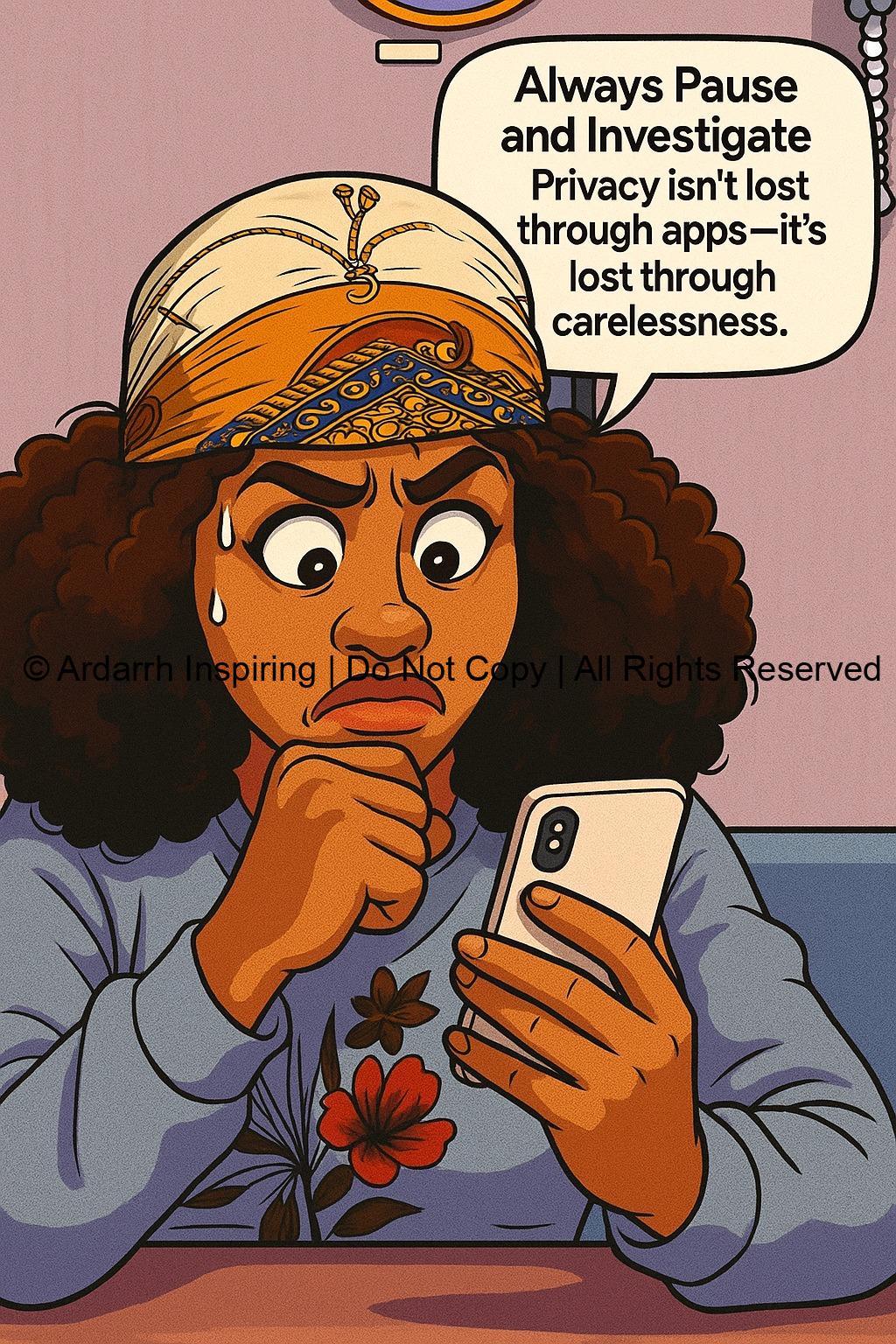If you’re part of WhatsApp groups, you’ve probably received a message that looks like this:
“As of today, AI is available on WhatsApp and has access to all chats. You can enable the ‘advanced chat privacy’ option to prevent AIs from reading your personal information, even in private chats. Share this with all groups you’re in, especially if you’re an admin.”
At first glance, the message sounds urgent and convincing. It mentions artificial intelligence (AI), privacy risks, and even claims to come from “a lawyer in cyber security.” But the truth is simpler: this is a hoax. WhatsApp has not suddenly given AI access to your private messages, and the so-called “advanced chat privacy” option does not exist.
This article will break down the claim, explain why it’s false, explore why messages like this spread so quickly, and share practical tips to protect yourself and your contacts from misinformation.
What the Viral Message Claims
The forwarded post, often seen in groups, makes three main claims:
- AI now exists within WhatsApp and can see everything.
- AI has access to all chats—including private messages, phone numbers, and personal information.
- There is a hidden setting called “Advanced Chat Privacy” that users must enable to stop it.
Finally, the message ends with urgency: “Do this as soon as possible and share with other groups you’re in.” It also appeals to authority by adding, “This is from a lawyer in cyber security.”
When read quickly, the message feels believable because it plays on two real concerns:
- AI is everywhere these days, so people assume new tools are invading apps.
- Many people worry about digital privacy, especially on platforms like WhatsApp, Facebook, or Instagram.
But when we pause and investigate, every part of the message falls apart.
The Reality of WhatsApp Privacy
Here’s what’s actually true about WhatsApp:
1. End-to-End Encryption
WhatsApp messages are end-to-end encrypted. This means that when you send a message, it is scrambled into unreadable code while it travels, and only the person receiving it can unscramble it. Neither WhatsApp nor any “AI” in the app can read your chats.
This encryption has been in place since 2016 and is one of WhatsApp’s strongest selling points. Even law enforcement agencies have repeatedly complained that they cannot access messages because of this system.
2. No “Advanced Chat Privacy” Option
If you open WhatsApp settings and scroll through your privacy options, you’ll see things like:
- Last seen & online controls
- Profile photo visibility
- Read receipts
- Blocked contacts
- Chat lock
But you will not find any setting called “Advanced Chat Privacy.” This part of the viral message is completely made up.
3. Real Privacy Features You Can Use
Instead of chasing after hoaxes, here are the real tools WhatsApp gives you to protect your information:
- Chat Lock: Secure sensitive chats with your fingerprint or face unlock.
- Disappearing Messages: Set chats to delete automatically after 24 hours, 7 days, or 90 days.
- View Once: Send photos and videos that disappear after being opened.
- Encrypted Backups: Protect your chat backups with a password or encryption key.
- Two-Step Verification: Add an extra PIN for account security.
These are genuine, effective features—not hidden tricks passed around in forwarded messages.
Why Do Hoaxes Like This Spread?
If the claims are so easily disproved, why do so many people believe and share them? The answer lies in psychology and human behavior.
1. Fear of Losing Privacy
People are naturally protective of their private conversations. Anything that suggests our messages are being read without consent sparks instant fear.
2. Authority Bias
When the message says, “This is from a lawyer in cyber security,” it makes readers feel it must be reliable. Most people don’t stop to check if such a lawyer even exists.
3. Urgency and Virality
The instruction “Do this immediately and share it with other groups” pressures people into acting without fact-checking. It’s a tactic often used in scams and misinformation campaigns.
4. Lack of Digital Literacy
Not everyone knows how encryption works or what features WhatsApp truly has. So when a message sounds technical, it feels authentic, even if it’s completely false.
The Dangers of Forwarding Misinformation
At first, forwarding such messages seems harmless. But there are real risks:
- Unnecessary Panic: People worry about problems that don’t exist.
- Distrust in Technology: Users may stop using apps they rely on daily.
- Spread of Falsehoods: Every forward makes the lie look more believable.
- Opportunity for Scams: Sometimes, similar hoaxes are used as traps to trick people into clicking malicious links or downloading fake apps.
Misinformation about privacy is especially dangerous because it undermines confidence in tools people use for personal, family, and business communication.
How to Verify Information Before You Share
Here are simple steps to avoid falling for hoaxes:
- Check Official Sources
Visit WhatsApp’s official blog or Help Center. If a major change really happened, the company would announce it. - Search Fact-Checking Websites
Sites like Snopes, Full Fact, or BBC Reality Check often investigate viral claims. - Look for Red Flags
- Does the message use urgent language like “Do this now”?
- Does it ask you to forward to everyone?
- Does it rely on unnamed experts like “a lawyer in cyber security”?
These are common hoax markers.
- Pause Before You Forward
If you’re not 100% sure it’s true, don’t share it. Misinformation dies when people stop spreading it.
Conclusion
The viral WhatsApp message warning that “AI has access to all your chats” is not true. Your private messages are protected by end-to-end encryption, and there is no hidden “Advanced Chat Privacy” setting.
Instead of believing and spreading fear-driven forwards, trust official sources, learn about the real privacy features WhatsApp provides, and share accurate information with your friends and family.
The real threat to our online safety isn’t WhatsApp’s AI—it’s misinformation itself. Each time we share a false message, we help it grow. But each time we pause, check, and refuse to forward, we make the digital world safer and smarter.
So next time a scary WhatsApp forward lands in your inbox, remember this: the best privacy tool you have is not a hidden setting—it’s critical thinking.








